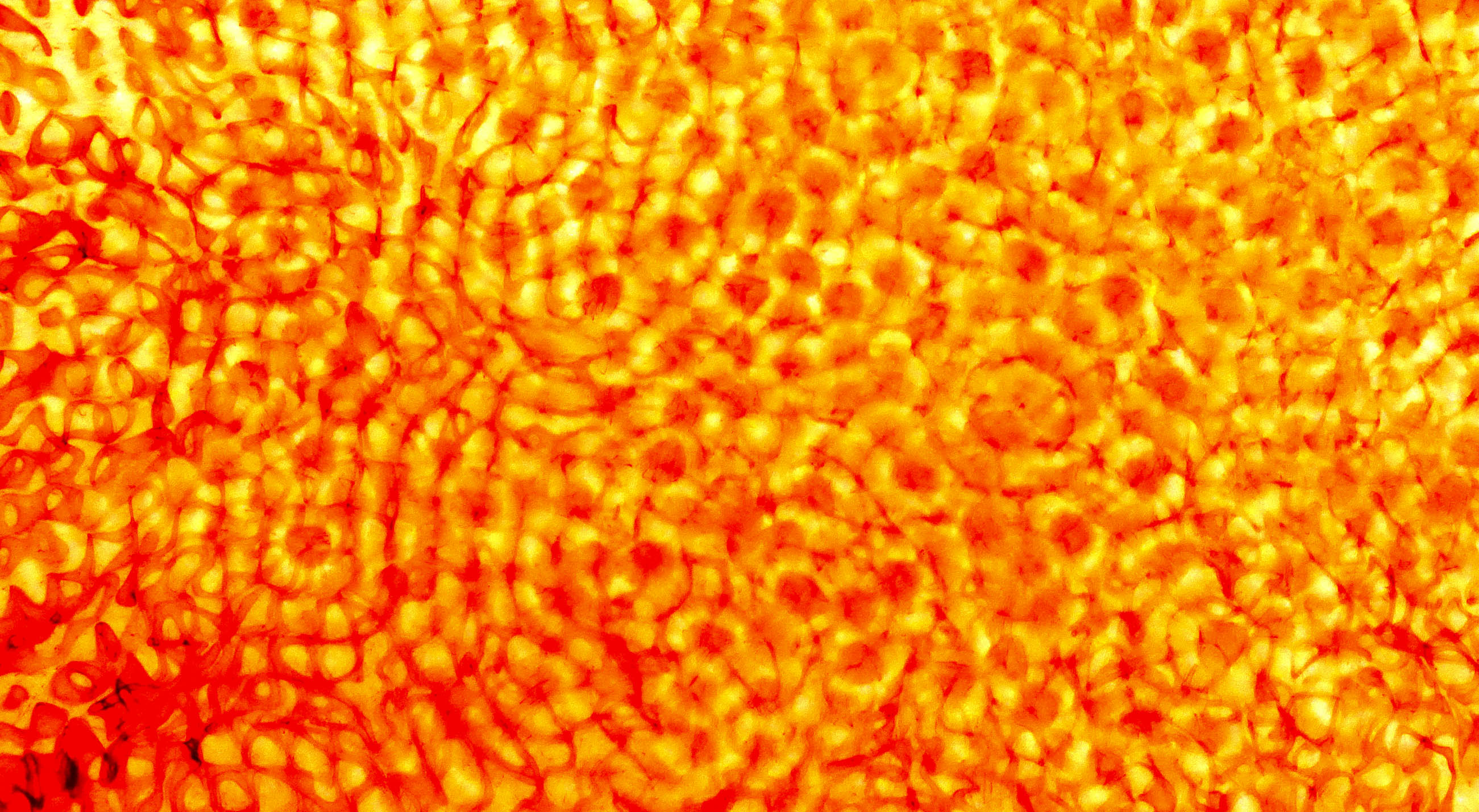Environments of Control in the Films of Melanie Gilligan
DOI:
https://doi.org/10.1344/regac2022.8.41406Paraules clau:
governmentality, machinic capitalism, milieu, contemporary art, video/filmResum
Since 2008, the artist Melanie Gilligan has been investigating how the techniques of machinic capitalism have intensified in the face of digital environments. This is expounded upon in three video works in particular. Crisis in the Credit System (2008) raises the question of how the market, controlled by an “invisible hand”, functions as the milieu of an economic subject. Popular Unrest (2010) shows how algorithms intervene in the reproduction of life and, in doing so, not only govern subjects, but interpret their infra- and supraindividual data traces as an environment. In The Common Sense (2014), society regulates itself through a decentralized but omnipresent affective network created by environmentally distributed technologies. In this paper I want to ask what kind of power-formation is sketched by Melanie Gilligan, especially since the focus of all three works is put on the control of environmental factors.
In order to achieve this, I will follow what Foucault developed in his lectures on The Birth of Biopolitics. The power-formation he calls governmentality does not aim at the production of subjects (as disciplinary techniques), but rather at the control over their milieus or environments. I want to show that this is a central aspect of the power formation, that is implicated in the diegetic universes of Gilligan’s films. Additionally I discuss more recent contributions to the question of machinic control: Erich Hörl’s concept of environmentalization, Antointette Rouvroy’s term algorithmic governmentality, Gerald Raunig’s latest thoughts about the dividuum and machinic capitalism, as well as Maurizio Lazzarato who has taken up Deleuze’s and Guattari’s thoughts about asignifying semiotics.
By successively working through Gilligan’s three works, I conclude that the way Gilligan conceives of different formations of control may be analyzed as allegories of historical and technological processes of governmentality, that reach from the 18th century’s milieu of the market to today’s digital milieus.

Descàrregues
Publicades
Número
Secció
Llicència
Los autores que publican en esta revista están de acuerdo con los términos siguientes:- Los autores conservan los derechos de autoría y otorgan a la revista el derecho de primera publicación de la obra, que se difundirá con la licencia de reconocimiento de Creative Commons que permite compartir la obra con terceros, siempre que estos reconozcan su autoría, su publicación inicial en esta revista y las condiciones de la licencia.
- Los autores son libres de establecer acuerdos contractuales adicionales independientes para la distribución no exclusiva de la versión de la obra publicada en la revista (como por ejemplo su publicación en un repositorio institucional o en un libro), siempre que se reconozca su publicación inicial en esta revista.
- Se anima a los autores a publicar su obra en línea (en repositorios institucionales o en su página web, por ejemplo) antes y durante el proceso de remisión, con el objetivo de conseguir intercambios productivos y hacer que la obra obtenga más citas (véase The Effect of Open Access, en inglés).


